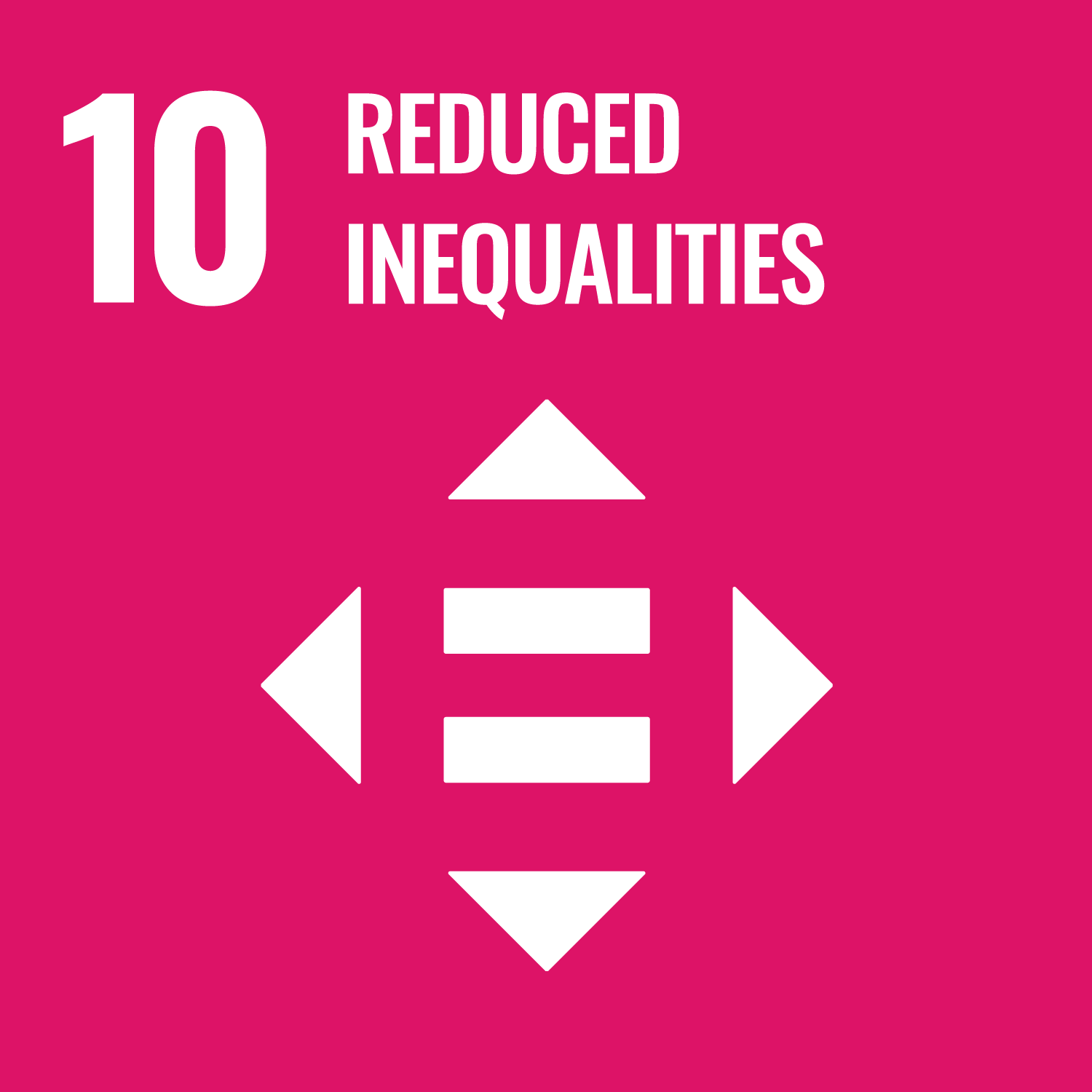Stark, G. orcid.org/0000-0002-4740-8711, Johnson, E. orcid.org/0000-0002-0937-6894, Ahmed, Z. orcid.org/0000-0002-6609-7314 et al. (6 more authors) (2025) Anxiety, insecurity, and redistribution in the UK ‘red wall’: have policy preferences changed since the COVID-19 pandemic? International Journal of Politics, Culture, and Society. ISSN 0891-4486
Abstract
Anxiety is often seen as a driver of far-right politics in British political culture that is strategically irrational insofar as the consequences of the policies pursued by such parties contribute to an increase in poverty and inequality, which are drivers of anxiety. This article shows that anxiety can also drive voter support for strategically rational, progressive policies, which hold out a real prospect for addressing the threats that voters face. Moreover, once established, those preferences appear to outlast occurrent anxiety experiences. Previous studies have found cross-sectional associations between socioeconomic status and anxiety and support for Basic Income, as an archetypal redistributive social security measure, on the other. In this article, we present the results of a novel longitudinal study of red wall voters’ (n = 304) policy preferences over two waves between 2022 and 2024 in the run-up to the UK General Election, using a fixed effects model examining associations between socioeconomic status, anxiety, and changes in public policy preferences. We also examine cross-sectional associations between various socioeconomic and demographic variables and Basic Income support in the 2024 wave (total n = 1988 [red wall n = 913]) in comparison to the 2022 wave (red wall n = 805). While overall longitudinal levels of anxiety have reduced, real income levels—taking into account inflation—and support for Basic Income remain remarkably stable, with a slightly significant positive association between increased faith in politicians and support for Basic Income. The findings suggest a relationship between socioeconomic status, anxiety, and support for social security-enhancing measures. This suggests that progressive parties can satisfy psychosocial needs via redistributive reform and gain popular support as a consequence.
Metadata
| Item Type: | Article |
|---|---|
| Authors/Creators: |
|
| Copyright, Publisher and Additional Information: | © The Author(s) 2025. Open Access: This article is licensed under a Creative Commons Attribution 4.0 International License, which permits use, sharing, adaptation, distribution and reproduction in any medium or format, as long as you give appropriate credit to the original author(s) and the source, provide a link to the Creative Commons licence, and indicate if changes were made. The images or other third party material in this article are included in the article's Creative Commons licence, unless indicated otherwise in a credit line to the material. If material is not included in the article's Creative Commons licence and your intended use is not permitted by statutory regulation or exceeds the permitted use, you will need to obtain permission directly from the copyright holder. To view a copy of this licence, visit http://creativecommons.org/licenses/by/4.0/. |
| Keywords: | Fear; Anxiety; Policy; Red wall; Basic income; Social determinants |
| Dates: |
|
| Institution: | The University of Sheffield |
| Academic Units: | The University of Sheffield > Faculty of Social Sciences (Sheffield) > Department of Politics and International Relations (Sheffield) |
| Depositing User: | Symplectic Sheffield |
| Date Deposited: | 14 May 2025 11:12 |
| Last Modified: | 14 May 2025 11:12 |
| Status: | Published online |
| Publisher: | Springer Science and Business Media LLC |
| Refereed: | Yes |
| Identification Number: | 10.1007/s10767-025-09516-6 |
| Sustainable Development Goals: | |
| Open Archives Initiative ID (OAI ID): | oai:eprints.whiterose.ac.uk:226648 |


 CORE (COnnecting REpositories)
CORE (COnnecting REpositories) CORE (COnnecting REpositories)
CORE (COnnecting REpositories)